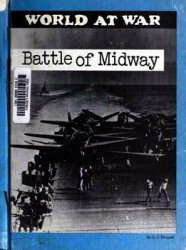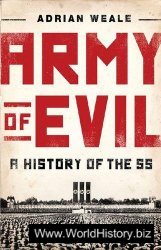Universal historians are often criticized for what they are not: not primary researchers, not keen political analysts, not discriminating in their use of sources. That, of course, is to misunderstand the nature of their work. Although they claimed to have bettered their predecessors in some things, they seem to have made no pretense to ‘‘original’’ research for the non-contemporary portions of their histories: but in this they were no different from all other ancient historians, whose ‘‘research’’ of the past consisted of the systematic study of, and incremental improvement on, their predecessors’ works (Marincola 1997: 105-107; Bosworth 2003).
The benefits of their histories, as they saw them, were manifold. First, they provided for their audience a compendium of what was known about the world, all within the convenience of a single work. By writing a single-stranded history, so to speak, their works could be used by those without the time or money to procure and read the large number of histories on individual topics. Second, they provided such information in an up-to-date and uniform style, something that likewise assisted in the reading of earlier events. Third, such universal works facilitated the understanding of history, if not always in the Polybian sense of seeing the interconnectedness of causes and effects (above, p. 149), then in the more general sense of showing continuity and change, and discernible patterns - such as rise and fall - throughout all of recorded time, and of the variety of permutations that such patterns could take (Clarke 1999b: 256-261). Finally, and perhaps most importantly, they used the vast canvas of their narrative to create paradigms - predominantly, but not exclusively, moral - of the characters who had made history whether for good or ill. Such emphasis on moralism and paradigmaticism was (again) not unique to universal historians: but they could make the claim that their histories were superior because they contained the greatest number of such events and were therefore of the greatest use to their readers.
FURTHER READING
Useful overviews of universal history can be found in Breebaart 1966; Burde 1974; Momi-gliano 1982a; Alonso-Niinez 1990 and 2002; and Clarke 1999b.
On Ephorus, it is astonishing that the sole monograph devoted to this important author remains the ancient (and now rather outdated) Barber 1935. Schwartz 1907 is still worth reading; more recent studies of importance are Schepens 1970 and 1977a; Pownall 2004: 111-142.
Theopompus, by contrast, has been well served by recent books. Connor 1968 concentrates on Theopompus’ treatment of Athens. Shrimpton 1991 is a substantial overview (with all of the testimonia and fragments translated), while Flower 1994 is more focused on Theopompus’ place in the historiographical tradition, and on establishing how he was influenced by the contemporary intellectual climate. Other worthwhile treatments are Bruce 1970 and Pedech 1989: 17-254.
For Diodorus see Schwartz 1905 and Farrington 1947: 55-87. The scissors-and-paste Diodorus is defended most recently in Stylianou 1998: 132-139, while Drews 1962 and Sacks 1990 and 1994 emphasize Diodorus’ independence of thought. To them can now be added Green 2006, which provides a judicious overview and spirited defense of Diodorus (cf. also below, Ch. 33), as well as a fine translation of Books 11-12.37.1, with copious annotation.




 World History
World History









